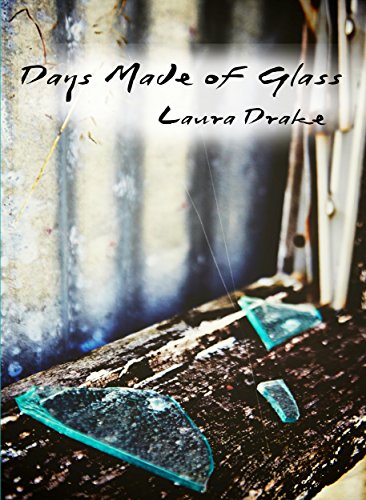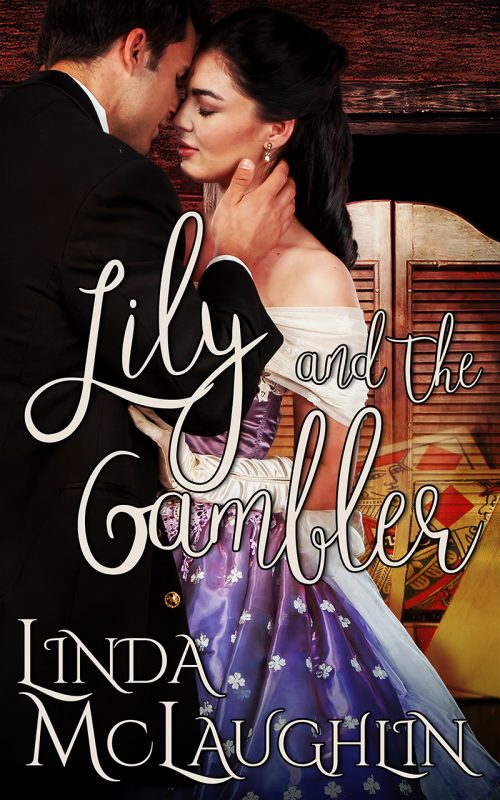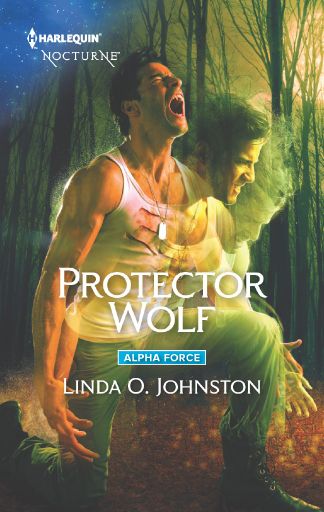Is Your ‘Plate’ Too Full? by @Rebecca_Forster
November 15, 2017 by Rebecca Forster in category The Write Way by Maureen Child tagged as Craft, editing, solutions, writing Today my November plate is officially too full.
Today my November plate is officially too full.
It has been piled high with cold, flu conferences, a last minute, out of country speaking engagement and now a medical screening that needs a follow-up. Of course, there are also everyday things that pile on to the plate: bills, calls from my sons, the tennis league I belong to, dinner to cook and bathrooms to clean. I’m not complaining. This is all just life and good stuff if you take the cold and medical appointments out of the equation. Still, filling out my calendar and trying to figure out how I’m going to fit quality writing time in the schedule made me think about the craft of writing a novel. The question on my mind was how much is too much before a reader throws up her hands and pushes the literary plate away?
As a thriller writer, I love to go over the top. Unfortunately, I can get a bit too energetic and take the technique to crazy extremes. It’s a fault. No, it’s worse than a fault. It’s a sin to be so involved with own words that I forget my job is to entertain not challenge someone to wade through my excesses. When I do go overboard, I am giving my readers a reason to push away the literary plate I have served them.
Luckily, there are remedies for ‘too much’ writers like me. In real life we say no to many things, so let’s start saying it in our fiction. Here are three ways to figure out if you just served your reader a plate that is too full.
[tweetshare tweet=”Three ways to figure out if you just served your reader a ‘plate’ too full by @Rebecca_Forster” username=”A_SliceofOrange”]
Echo: A particularly inspired turn of phrase, description or character quirk is a thing of beauty. Constant use of the same phrase or description or a continual reminder of the quirk is an annoyance. Readers are smart and imaginative. They will get it.
Blow-by-Blow : No pun intended, but sex scenes are more effective and dramatic if they are evocative rather than clinical. The same rule of thumb applies to shootouts, character travel or any scene that stops the reader and forces them to linger without a point. Move the story forward using varied sentence structure and only critical physical descriptions.
Cast of Thousands: Have you ever tried to find a friend in a crowd? It’s impossible because all you can see is a blur of humanity. The same thing happens to a reader if there are too many characters populating your book. Think of your book as a play. Characters may come and go but the ones we care about should always be center stage.
While you edit look for the echo, the blow-by-blow and the cast of characters and adjust the emphasis, streamline the structure and your literary plate will go from too full to too fabulous.
Rebecca
Affiliate Links
A Slice of Orange is an affiliate with some of the booksellers listed on this website, including Barnes & Nobel, Books A Million, iBooks, Kobo, and Smashwords. This means A Slice of Orange may earn a small advertising fee from sales made through the links used on this website. There are reminders of these affiliate links on the pages for individual books.
Search A Slice of Orange
Find a Column
Archives
Featured Books
GAME TOWN
Follow Skylar Drake to Hollywood parties where the forbidden is accepted and games played are for keeps.
More info →DAYS MADE OF GLASS
Shared blood defines a family, but spilled blood can too.
More info →Newsletter
Contributing Authors
Search A Slice of Orange
Find a Column
Archives
Authors in the Bookstore
- A. E. Decker
- A. J. Scudiere
- A.J. Sidransky
- Abby Collette
- Alanna Lucus
- Albert Marrin
- Alice Duncan
- Alina K. Field
- Alison Green Myers
- Andi Lawrencovna
- Andrew C Raiford
- Angela Pryce
- Aviva Vaughn
- Barbara Ankrum
- Bethlehem Writers Group, LLC
- Carol L. Wright
- Celeste Barclay
- Christina Alexandra
- Christopher D. Ochs
- Claire Davon
- Claire Naden
- Courtnee Turner Hoyle
- Courtney Annicchiarico
- D. Lieber
- Daniel V. Meier Jr.
- Debra Dixon
- Debra H. Goldstein
- Debra Holland
- Dee Ann Palmer
- Denise M. Colby
- Diane Benefiel
- Diane Sismour
- Dianna Sinovic
- DT Krippene
- E.B. Dawson
- Emilie Dallaire
- Emily Brightwell
- Emily PW Murphy
- Fae Rowen
- Faith L. Justice
- Frances Amati
- Geralyn Corcillo
- Glynnis Campbell
- Greg Jolley
- H. O. Charles
- Jaclyn Roché
- Jacqueline Diamond
- Janet Lynn and Will Zeilinger
- Jaya Mehta
- Jeannine Atkins
- Jeff Baird
- Jenna Barwin
- Jenne Kern
- Jennifer D. Bokal
- Jennifer Lyon
- Jerome W. McFadden
- Jill Piscitello
- Jina Bacarr
- Jo A. Hiestand
- Jodi Bogert
- Jolina Petersheim
- Jonathan Maberry
- Joy Allyson
- Judy Duarte
- Justin Murphy
- Justine Davis
- Kat Martin
- Kidd Wadsworth
- Kitty Bucholtz
- Kristy Tate
- Larry Deibert
- Larry Hamilton
- Laura Drake
- Laurie Stevens
- Leslie Knowles
- Li-Ying Lundquist
- Linda Carroll-Bradd
- Linda Lappin
- Linda McLaughlin
- Linda O. Johnston
- Lisa Preston
- Lolo Paige
- Loran Holt
- Lynette M. Burrows
- Lyssa Kay Adams
- Madeline Ash
- Margarita Engle
- Marguerite Quantaine
- Marianne H. Donley
- Mary Castillo
- Maureen Klovers
- Megan Haskell
- Melanie Waterbury
- Melisa Rivero
- Melissa Chambers
- Melodie Winawer
- Meriam Wilhelm
- Mikel J. Wilson
- Mindy Neff
- Monica McCabe
- Nancy Brashear
- Neetu Malik
- Nikki Prince
- Once Upon Anthologies
- Paula Gail Benson
- Penny Reid
- Peter Barbour
- Priscilla Oliveras
- R. H. Kohno
- Rachel Hailey
- Ralph Hieb
- Ramcy Diek
- Ransom Stephens
- Rebecca Forster
- Renae Wrich
- Roxy Matthews
- Ryder Hunte Clancy
- Sally Paradysz
- Sheila Colón-Bagley
- Simone de Muñoz
- Sophie Barnes
- Susan Kaye Quinn
- Susan Lynn Meyer
- Susan Squires
- T. D. Fox
- Tara C. Allred
- Tara Lain
- Tari Lynn Jewett
- Terri Osburn
- Tracy Reed
- Vera Jane Cook
- Vicki Crum
- Writing Something Romantic
Affiliate Links
A Slice of Orange is an affiliate with some of the booksellers listed on this website, including Barnes & Nobel, Books A Million, iBooks, Kobo, and Smashwords. This means A Slice of Orange may earn a small advertising fee from sales made through the links used on this website. There are reminders of these affiliate links on the pages for individual books.






















































